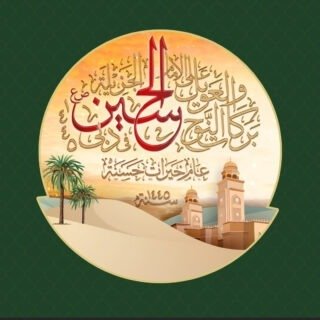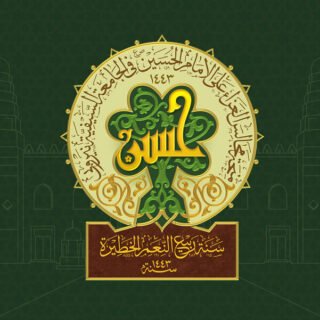Now that we have completed the chapter on what is knowledge, types of questions and their appropriate answers we can now discuss types of knowledge and their subsets. This will guide the seekers of this knowledge towards their aims and goals since the desire of souls for different aspects of knowledge is similar to the desire of the body for different tastes, colours and fragrances.
There are three faculties of knowledge given to man: 1) the practical field (exact and social sciences), 2) the shar’i (the religious) field and 3) the philosophical field.
The first of these, the ‘riyadhiyyah’ comprise those aspects of knowledge that contribute to day to day life. These are nine divisions:
- Writing and reading – from which also comes language and grammar,
- Maths and Accounting
- Poetry and rhyme
- Interpretation of omens
- Occult and talismans (t’aweez)
- Chemistry and Physics
- Arts and Crafts
- Business and Agriculture
- Historiography
The second of these is knowledge related to the Shariah which has been laid down to cure the ills of the soul and seek the Hereafter can be divided into six:
- The exoteric (zahir)
- The esoteric (taweel)
- Historical narrative
- Law, sunnah and rites
- Remembrance, sermons, piety and meditation
- Analysis of dreams
The scholars of the exoteric are the readers and the huffaaz and the scholars of the taweel are the prophets, imams and their successors.
Philosophical knowledge is of four types:
- The exact sciences
- Logic
- Physics
- Metaphysics
Of these the exact sciences sub-divide into arithmetic; the understanding of numbers as they are generated from 1, geometry; the understanding of lines as they are generated from a single point in the same way that numbers are generated from one, the third is astronomy and the study of the stars, the fourth is music and understanding of harmony.
Logic sub-divides into five categories; analytics, rhetoric, topics, politics and sophistical refutations.








